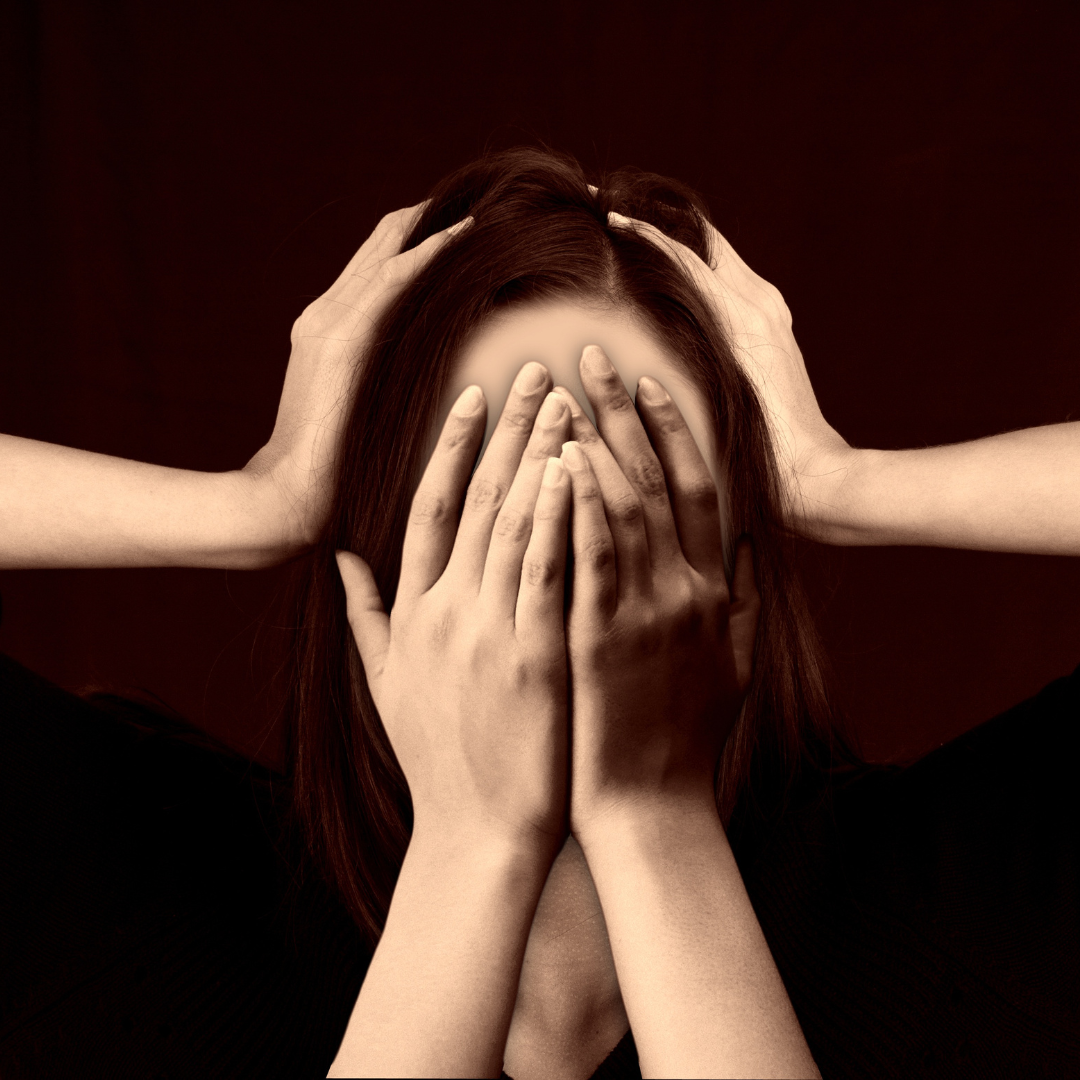
There’s a lot of information out there about psychosis, and it can be hard to know what to believe. But whether you’re a newcomer to the topic or just want to be up-to-date on what’s going on, read on for everything you need to know about this serious mental illness.
What is Psychosis?
Psychosis is a serious mental disorder characterized by altered reality, often including hallucinations and delusions. It can be very disabling and lead to difficulty functioning in daily life. There is no one definition of psychosis, but it typically includes a significant disturbance in thinking or perception.
What Are the Causes of Psychosis?
Psychosis is a mental state in which a person experiences hallucinations and delusions, which can be very disruptive. There are many different causes of psychosis, but they all involve something going wrong with the brain.
There is no one cause of psychosis, but it can often be the result of a combination of factors. Some of the most common causes of psychosis are:
- Schizophrenia: Schizophrenia is a serious mental disorder that affects about 1 in every 100 people. People with schizophrenia experience hallucinations, delusions, and cognitive problems.
- Brain tumor: A brain tumor can cause a variety of symptoms, including psychosis. Symptoms can range from mild to severe and can sometimes be quite disabling. Brain tumors are usually diagnosed through diagnostic tests, such as an MRI or CT scan. If a brain tumor is detected early, it usually can be treated successfully. However, if cancer has spread to other parts of the body, treatment may be more difficult and require multiple rounds of chemotherapy or surgery.
- Head injury: A head injury can cause a number of different symptoms, including psychosis. Head injuries that occur in children are particularly dangerous because the brain is still growing and developing. Injuries to the brain that occur during childbirth also can lead to psychosis later in life. Head injuries that occur while someone is awake (called diffuse subcortical injury) are more likely to cause psychotic symptoms than head injuries that occur while someone is asleep (called focal subcortical injury).
- Toxic exposure: Exposure to toxins, such as pesticides, chemicals, and heavy metals, can cause a number of symptoms, including psychosis. Toxins can damage the brain in several ways and can also interact with other medications someone is taking.
Signs and Symptoms of Psychosis
Psychosis is a mental disorder that affects how a person thinks, feels, and behaves. It can be mild or severe, and symptoms can range from very mild to full-blown psychosis. There are many different signs and symptoms of psychosis, and the list below is just a sampling. If you think you may have psychosis, please see a doctor.
- Changes in mood or behavior: People with psychosis often experience changes in their mood or behavior. This can include being very agitated or agitated but not suicidal, having extreme mood swings, becoming withdrawn or isolated from friends and family, or having sudden changes in thoughts or speech.
- Delusions: People with psychosis may have strong delusions (false beliefs) about themselves or the world around them. These delusions can be very bizarre and difficult to shake off. Some common examples include believing that one is under surveillance by the government, believing that one is an evil incarnate, or thinking that someone else is controlling one’s thoughts and actions.
- Hallucinations: People with psychosis may experience hallucinations – seeing things that are not really there – more often than people without psychosis. Common hallucinations include hearing voices talking to them, seeing insects crawling on them, or seeing objects move on their own without anyone touching them.
- Disorganized thinking: People with schizophrenia commonly experience disorganized thinking – problems organizing their thoughts into coherent sentences – which can make it difficult to think straight and remember information.”
The Best Way To Help Someone With Psychosis
If you are someone who cares about others, then it is important to understand psychosis. Psychosis is a mental disorder that affects someone’s thoughts, feelings, and behavior. It can be a very serious condition.
There is no one-size-fits-all answer to how to help someone with psychosis, but there are some things that you can do to help. First, make sure that the person knows that they are not alone. Psychosis is a very common condition and there are people out there who understand what they are going through.
Second, provide support and encouragement. Psychotic symptoms can be very difficult to deal with on their own, so let the person know that you are here for them. Finally, don’t hesitate to ask for help if you need it. There are plenty of resources available online or in local communities that can assist in dealing with psychosis.



